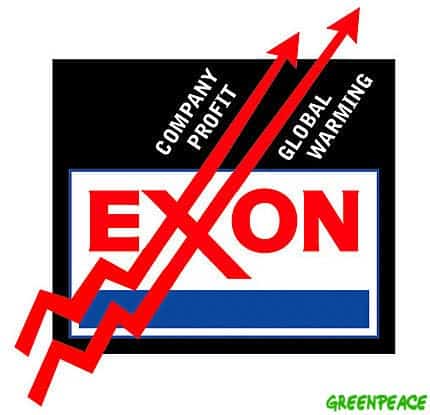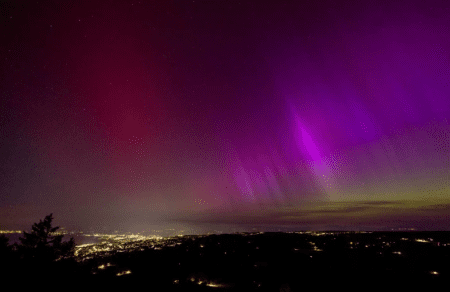In a world where accusations like this fly by like pigeons in the park, it was about time someone but some work into research before making a claim such as this one. This is not some unsubstantiated assertion, or some crazy scientist’s statement – this is backed up by numbers. Let’s look at the matter in depth.
Climate change and gas giants
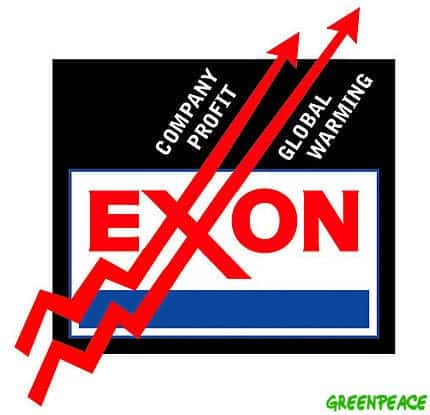
Exxon Mobil is not only the world’s largest private oil company, but also one of the largest publicly traded companies in the world, having been ranked either #1 or #2 for the past 5 years. They are also (of course) denying climate change, and there has been a rumour going on that they have been paying or offering some kind of reward to researchers who also deny climate change. But until now this was only an unconfirmed rumour.
A recent analysis conducted by Carbon Brief investigated no less than 900 published papers, all of which cast doubts on climate change, or even speak against it. After concluding this investigation, they found that 9 out of 10 of the most prolific ones had some sort of connection with Exxon Mobil. You can find a link to these papers at the Global Warming Policy Foundation.
The results showed that out of the 938 papers cited, 186 of them were written by only ten men, and foremost among them was Dr Sherwood B Idso, who personally authored 67 of them. Idso is the president of the Center for the Study of Carbon Dioxide and Global Change, an ExxonMobil funded think tank. The second most prolific was Dr Patrick J Michaels, a senior fellow at the Cato Institute, who receives roughly 40% of his funding from the oil industry.
This goes in parallel with the ‘work’ of the Koch industries; even though you probably haven’t heard of them, Koch industries is the second largest privately held company in the US, and in the past 50 years, they have invested more than 50.000.000 dollars in spreading doubts about climate change, according to Greenpeace.
An old tactic that sadly, keeps getting good results

The thing is, you don’t have to convince people that climate change isn’t happening – all you have to do is cast some doubt on that, and people will no longer be certain, and this is a strategy that has been successfully tested by tobacco companies, almost at the same level, and coffee companies, at a much lower level. Basically, you keep the public confused about the idea, and a confused public is much, much better than a public who is against you.
Other prolific authors of climate-change denying include Willie Soon, John R. Christy and Sallie L Baliunas who are all associated with the George C. Marshall Institute, whose website asserts that “…efforts to reach agreement on inferences about human influence on the climate system that can be drawn from science and policy prescriptions for addressing the climate change risk have been controversial.”.
Of course, in order to be totally (and more) correct, you have to give them the benefit of a doubt; but the numbers are extremely suggestive in this case. In addition to this extremely active group of climate change deniers, three extremely respected and esteemed researchers have individually complained that their research has been misinterpreted and/or miscited by climate change skeptics in order to bolster their own beliefs. CarbonBrief also contacted a few of them, and here’s what they got from Professor Peter deMenocal, of the Earth Institute, Columbia University, told the Carbon Brief when asked about the inclusion of his paper on the list:
“I’ve responded to similar queries over the years. No, this is not an accurate representation of my work and I’ve said so many times to them and in print.”I’ve asked Dennis Avery of the Heartland Institute to take my name off [another similar] list four times and I’ve never had a response. There are 15 other Columbia colleagues on there as well … and all want their names removed.”
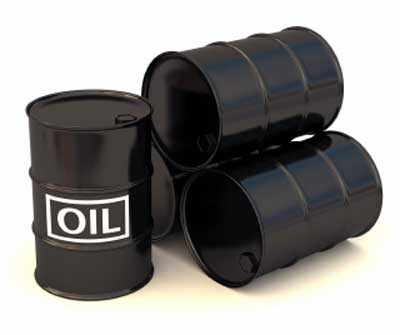
The thing is, a significant amount of these studies don’t focus on human driven climate change, which is why it’s extremely easy to misquote their results. If you take for example an article written by Professor Richard Zeebe, University of Hawaii, you’d find an interesting conclusion: feedbacks such as increases in other greenhouse gases were responsible for a substantial part of global warming, alongside the direct impact of carbon dioxide. Here’s what Professor Zeebe had to say:
“Using our paper to support skepticism of anthropogenic global warming is misleading.”
This kind of papers contributes to the general scientific treasure of the world; it has to be said, Earth has had significant climate changes throughout it’s 4.5 billion year history, and we are still broadening our understanding about how these long term climate changes occur. It’s a delicate problem to separate these natural tendencies from the anthropic driven changes, mostly carbon emissions. But climate skeptics didn’t only misinterpret this.
A paper by Meehl et al, also placed on the list, discussed the effects of the 11 year solar cycle on the tropical Pacific. The author of the paper, Gerald Meehl, of the US National Centre for Atmospheric Research (NCAR), said:
“It’s odd that our 2009 paper is on a site about global warming. Our paper addressed specifically the climate system response to the 11-year solar cycle. Thus it is about decadal timescale climate variability. “It said nothing about long-term warming trends, and in fact, in the last sentence of the paper, we state, ‘This response also cannot be used to explain recent global warming because the 11-year solar cycle has not shown a measurable trend over the past 30 years.'”.
Energy and Environment
So where does this lead us ? Let’s be fair.
There are a few researchers for which I have every bit of respect who are climate change skeptics; they wrote papers, they make some claims and back them up with scientific evidence, and overall, they greatly contribute to scientific progress. Richard Lindzen is one of them. Richard Muller is another great example – he set out to disprove human driven global warming, and surprisingly found data that backs it up. A great example of a researcher !
But what about the others, the one who get their funding from oil giants and then write dubious papers, misquoting other people’s work and misinforming the general public ? I may be out of line, but in my book, these are not researchers, they are puppets.
Let’s take a look at the citations given by the Energy and Environment journal, compared to the Journal of Climate, and you tell me which one is better (charts made by SCImago):
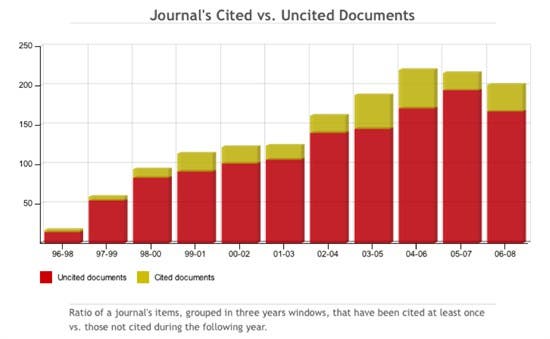
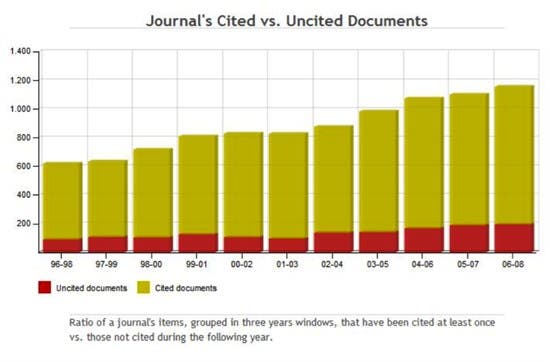
What does this tell us? CarbonBrief again puts it best:
It’s clear that E&E’s papers are cited relatively infrequently – suggesting the inclusion of a substantial number of them on the ‘900+’ list does not demonstrate widespread disagreement with the scientific consensus on climate change, but rather that these views are confined to a small climate skeptic lobby.
Via CarbonBrief





